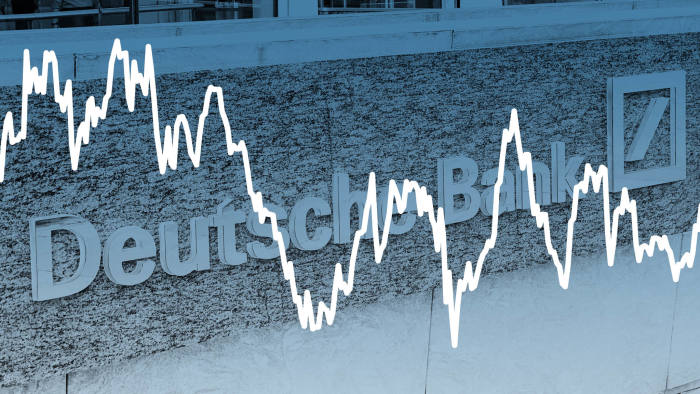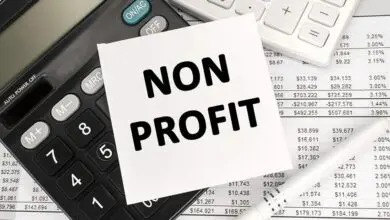Deutsche Bank Settles Lawsuit For Price Rigging, Turns “State’s Evidence” On Other Banks

Prior to last week, Deutsche Bank made headlines for a string of huge losses and massive exposure to risky derivatives. The last time the firm’s shares traded at prices this low, the world was in the midst of 2008’s financial apocalypse.
Deutsche Bank didn’t need more bad news, but a group of investors who brought suit against the massive German bank for cheating them by rigging the London “fix” price for gold and silver certainly must be smiling. Last week, the bank offered to settle their class-action suit for an undisclosed amount.
Perhaps more importantly, DB promises to provide evidence to help the plaintiffs in their suit against the other banks who participated in manipulating the fix: Bank of Nova Scotia, Barclays, HSBC, and SocGen. In a letter to U.S. District Court Judge Valerie Caproni, the plaintiff’s attorney said, “In addition to valuable monetary consideration, Deutsche Bank has also agreed to provide cooperation to the Plaintiffs, including the production of instant messages and other electronic communications, as part of the settlement.”
If the information DB provides is incriminating, as the plaintiff’s expert, it won’t be the only recent example of bankers getting caught talking smugly amongst themselves about swindling investors and clients. A year ago Citigroup, JPMorgan Chase, Barclays, and RBS pled guilty to criminally rigging the foreign exchange markets following the leak of some embarrassing communique.
That case rested, in large part, on logs from an exclusive chat group participants dubbed “The Cartel.”
Here is a good example of the type of conversations contained in those logs. The banker representing Barclays “mentors” another member:
…whats the worst price I can put on this where the customers decision to trade with me or give me future business doesn’t change…if you ain’t cheating, you ain’t trying.
It is not only typical of the kind of thing members discussed. It also pretty well sums up bankers’ attitudes toward the public and their clientele generally.
Big banks have paid nearly $200 billion in fines in nearly 200 cases involving rotten dealings since 2009. Of course, bank CEOs claim no involvement and that each case is an isolated incident involving a few bad apples in the lower ranks. Perhaps there are even a few naive people around who still believe that to be the only extent of the problem.
Authorities, including the CFTC, might find a basis for criminal charges in material that DB provides. It would be nice to see bankers going to jail. The scale of fraud and theft makes Bernie Madoff look like a piker. But don’t hold your breath.
It was the corporations that pled guilty to criminal charges in the Foreign Exchange scandal a year ago, not individuals. The people involved seem to have immunity.
There have been exactly zero “perp walks” by high ranking executives at any of the major banks over the past decade. This despite overwhelming evidence of pervasive fraud in mortgage underwriting, derivatives, commodities trading, and currency markets. Instead, taxpayers pay for the bailouts and company shareholders get to pay the fines or settlements, which are often substantially smaller than the ill-gotten gains. None of the criminal bankers responsible end up in prison.
At least last week’s news is a signal that civil courts may provide some recourse for crowds of people who have been cheated. Since the news, Canadian investors filed two additional class-action suits seeking $1 billion in damages. More suits are likely on the way.
While regulators may be captured by these mega banks, it’s harder to control mobs of angry investors in civil court.




